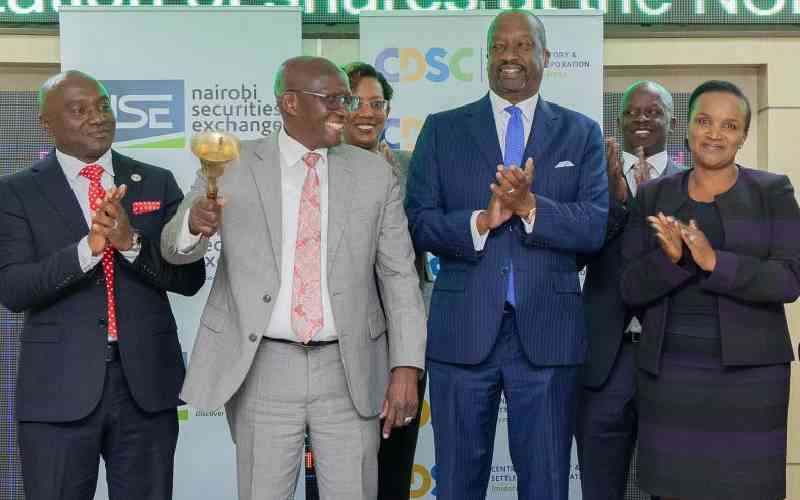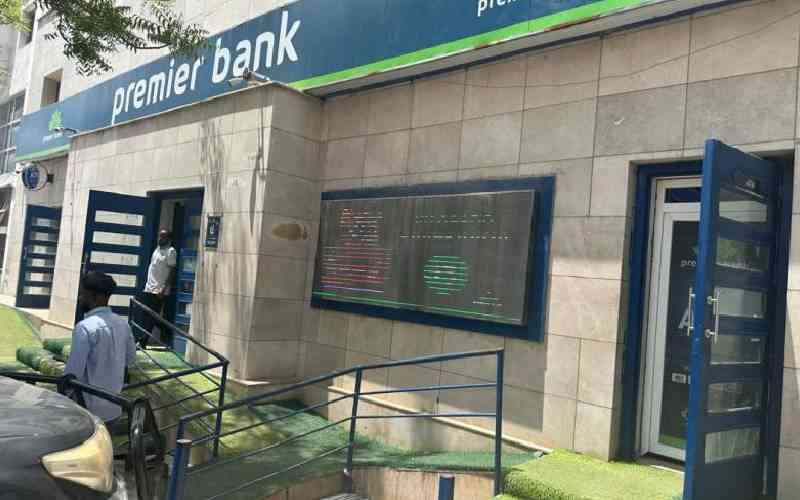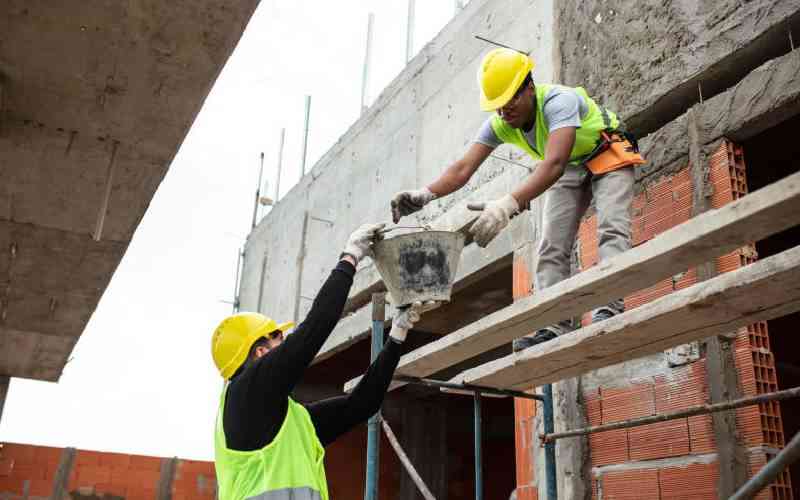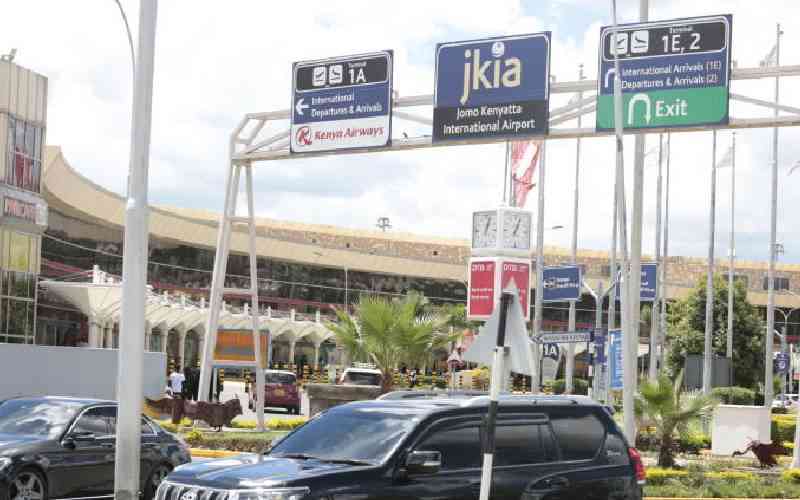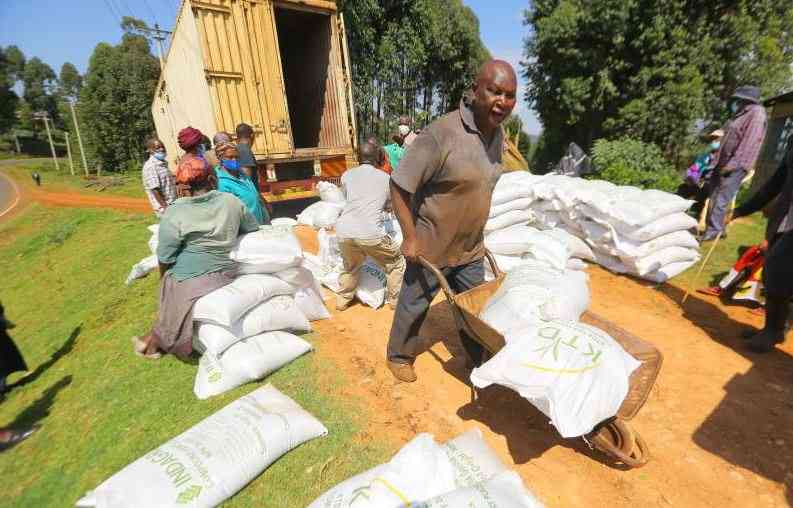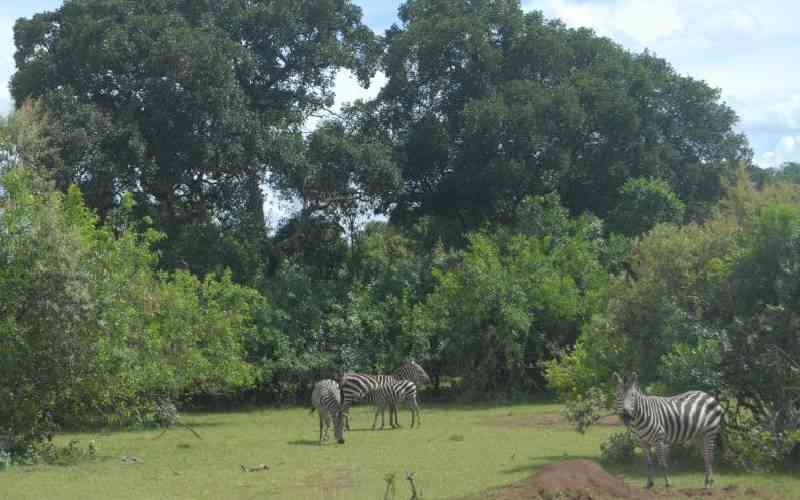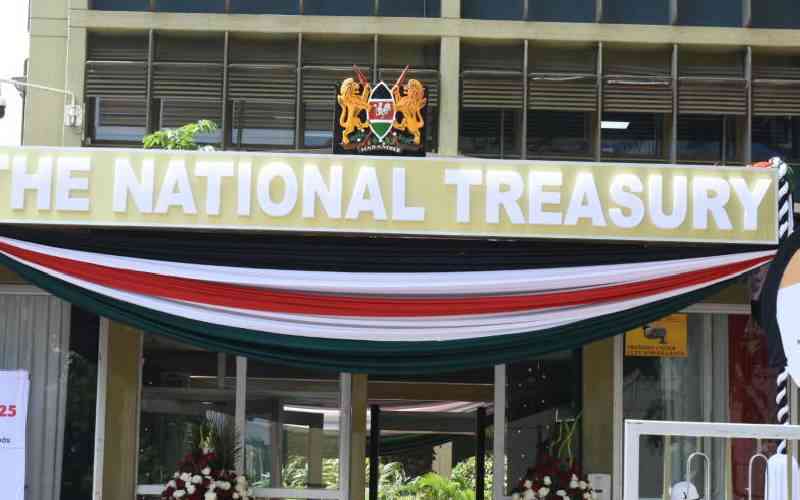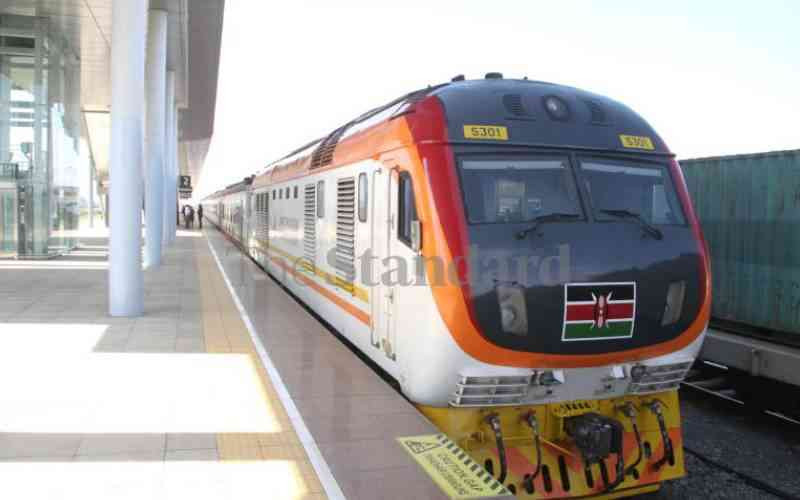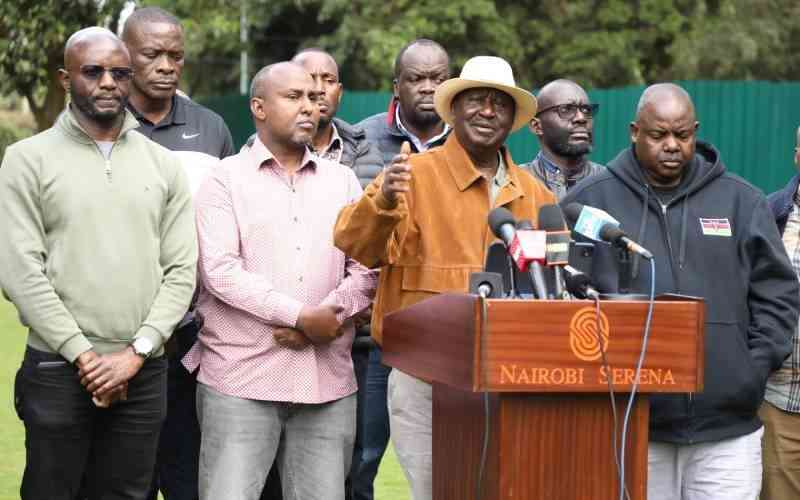
ODM Leader Raila Odinga addressing the media over the Saba Saba annivesary at Serena Hotel in Nairobi on July 7, 2025. [Boniface Okendo, Standard]
Orange Democratic Movement(ODM) party leader Raila Odinga has called for the establishment of an “Intergenerational National Conclave” to discuss issues raised by Kenyans as the country marked the 35th anniversary of the Sabasaba, amid protests in various parts of the country.
Speaking at the Serena Hotel in Nairobi, Odinga noted that the country is in need of an economic revival and reforms in institutions to make them more efficient and mechanisms to make the country’s leadership more accountable.
“I propose an inclusive intergenerational national conclave to hear our people across all divides and come up with irreducible reforms and changes necessary to take the country forward,” said Odinga.
“Such a national conclave must have clear terms of reference and be populated and helmed by the most serious and sober minds in our nation,” he added.
According to Odinga, the whole-of-society talks must address pressing matters including youth unemployment, police reforms, economic inclusivity, social justice and political freedom.
Unlike the National Dialogue Committee (NADCO) resolutions, which were subjected to parliamentary legislation, Odinga says that the outcomes of the conclave should be subjected to a referendum to be passed by the people.
“Such a national conclave must have clear terms of reference and be populated and helmed by the most serious and sober minds in our nation,” Raila said, adding, “The proceeds of the national dialogue shall be subjected to a referendum.”
The ODM leader cited heavy police barricades at various access points of the country’s capital, saying the roadblocks restricted movement and blamed them for the cancellation of his planned rally at the historic Kamukunji grounds.
Further, he accused unnamed politicians of making the commemoration of Sabasaba a partisan affair to advance selfish political interests.
“Sabasba was inclusive, democratic and intergenerational: the old, the young, people in and out of government, professionals, academics, trade unionists, civil society, women’s groups, and religious groups,” he said.
“All of them found their voice in what it stood for – a people’s struggle for good governance, freedom and equal opportunity for all. It was not one group against the entire nation. It was not community against that community or this age group against that.”
The first Sabasaba was held in 1990, an agitation that forced then-President Daniel Moi to reintroduce multiparty democracy.
Today’s event was similarly held with calls for better governance.
Stay informed. Subscribe to our newsletter
